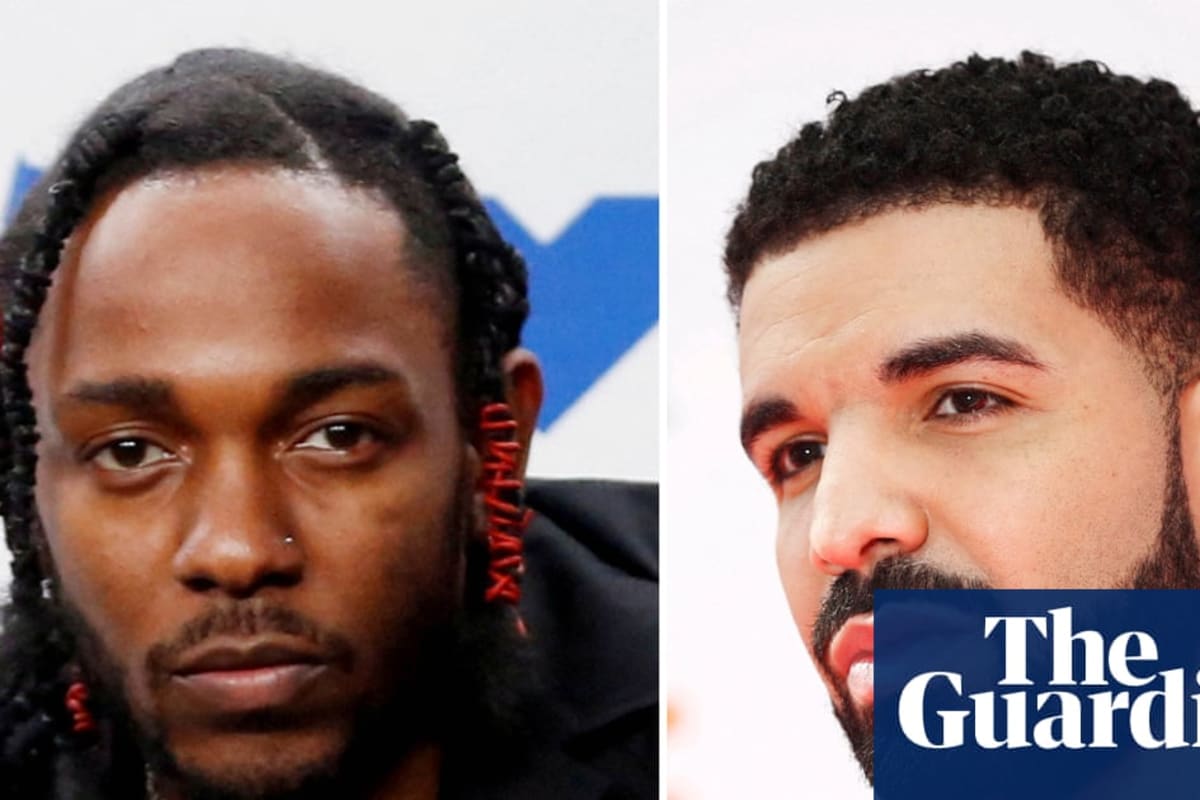UMG Denies Grainge's Role in Lamar's Drake Diss Track Lawsuit

The ongoing legal battle between Drake and Universal Music Group (UMG) has taken another dramatic turn.
Background
Drake, suing UMG over Kendrick Lamar’s 2024 diss track "Not Like Us," alleges that UMG CEO Lucian Grainge was personally involved in the creation and release of the track, which contains lyrics and artwork deemed defamatory and harassing The lawsuit centers on the line, “Say, Drake, I hear you like ’em young … Certified Lover Boy Certified pedophiles,” and the accompanying artwork depicting Drake’s home marked with symbols used to identify registered sex offenders UMG has vehemently denied these allegations, filing a motion to reject Drake’s request for Grainge’s communications related to the matter They describe Drake's claims as “so strained as to defy credulity ” This forceful rebuttal highlights the high stakes involved in this case, and suggests UMG is confident in its defense The case carries significant implications for the music industry
It raises questions about the responsibility of record labels in overseeing the content of their artists' releases, particularly concerning potential defamation and harassment The legal precedent set could impact how future disputes involving artist-label relationships are handled, especially in relation to the potential for artists to use their platforms to attack one another, and the responsibilities of labels in mitigating harm Current SituationThe specific context of the “Not Like Us” track—a diss track aimed directly at a fellow superstar—adds another layer of complexity Diss tracks are a long-standing tradition in hip-hop, often used to express rivalry and competitiveness However, the line between artistic expression and harmful defamation is frequently blurry, particularly when highly personal accusations are involved, potentially exacerbated through amplified social media This case puts a spotlight on this fine line and the potential legal consequences of crossing it For Southeast Asian audiences, this case resonates on several levels Firstly, the global reach of music and the prominence of both Drake and Kendrick Lamar in the region ensure broad interest
Secondly, similar legal debates around defamation and freedom of expression exist within Southeast Asian legal systems, albeit with nuanced differences in legal frameworks and cultural contexts The outcome of this case will likely be followed closely by artists, labels, and legal professionals across the region Thirdly, the case highlights the increasing importance of managing online reputations and the potential consequences of online harassment, an issue that holds particular significance for individuals with significant social media presence and public profiles in a region with a rapidly growing digital landscape Furthermore, the case highlights the power dynamics within the music industry Drake's legal action challenges the established control of major labels like UMG, revealing potential imbalances of power between the label and the artist This is a topic that can be universally relatable in many parts of the world, including Southeast Asia, where there is a similar discussion surrounding artistic expression and the control exerted by larger institutions In conclusion, this case is not merely a celebrity dispute; it’s a significant legal battle with implications for the future of the music industry globally, and particularly relevant to Southeast Asia due to its rapidly evolving legal and digital landscapes The outcome will determine important precedents concerning the responsibilities of record labels regarding artists' content and the boundaries of artistic expression in the age of social media
